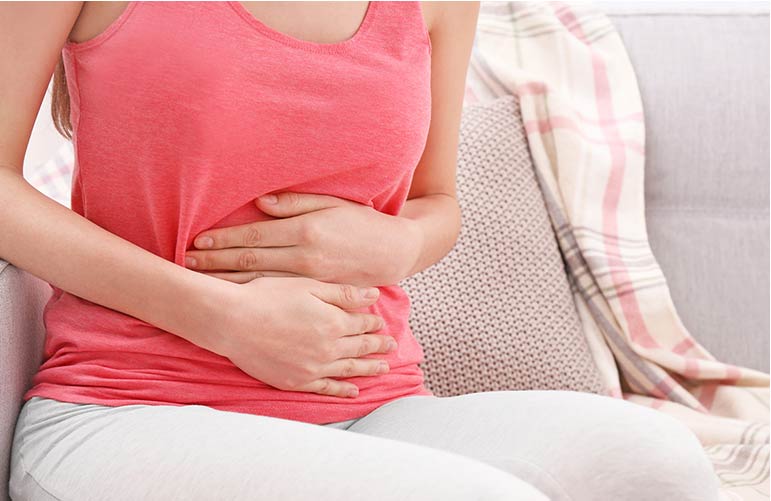
Menstrual Abnormality
Most women have four to seven-day menstrual cycles. A woman's period usually lasts 28 days, but normal menstrual cycles can last anywhere from 21 to 35 days.
Menstrual issues include the following:
- Periods separated by less than 21 days or more than 35 days
- Missing three or more consecutive periods
- Menstrual flow that is unusually heavy or light
- Periods lasting more than seven days
- Periods characterized by pain, cramping, nausea, or vomiting
- Bleeding or spotting between periods, after menopause, or after sex
What causes abnormal menstruation?
Abnormal periods can be caused by a variety of factors, ranging from stress to more serious underlying medical conditions:
Stress and busy lifestyle:
Factors such as stress and lifestyle. Significant weight gain or loss, dieting, changes in exercise routines, travel, illness, or other disruptions in a woman's daily routine can all have an effect on her menstrual cycle.
Birth control pills:
The hormones estrogen and progestin are commonly found in birth control pills. The pills work by preventing the ovaries from releasing eggs. Menstruation can be affected by changing birth control pills.
Fibroids:
Uterine polyps are small benign (noncancerous) growths in the uterine lining. Uterine fibroids are tumors that attach to the uterine wall. There could be one or more fibroids ranging in size from an apple seed to a grapefruit. Although these tumors are usually harmless, they can cause heavy bleeding and pain during periods.
